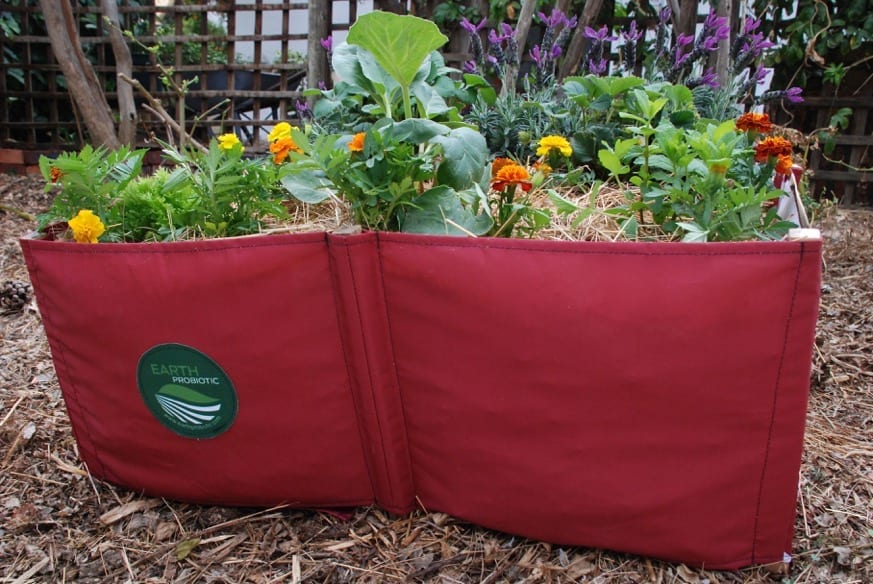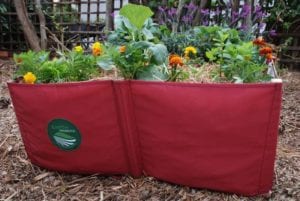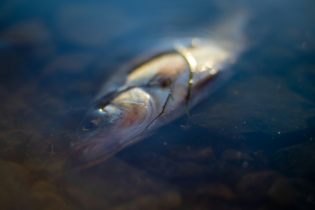
An example of the Earth Garden. Picture: EARTH PROBIOTIC
The concept was created by Karen Heron, founder and CEO of Earth Probiotic, a food waste composting company. “I saw a need for ‘instant’ gardening,” she said. “Instead of having to weed a patch of soil and compost it, you simply place the Earth Garden on this patch, fill with compost and soil, and then plant.”
How it works
Once the mould of the Earth Garden is built using the stakes as a border and the fabric as a wall on the inside of the stakes, soil is placed inside to create the recycling garden. Food waste is then layered into the soil along with bokashi (a Japanese term meaning ‘fermented organic matter’, which is added to food waste to prevent rotting), until the garden is full.
The layered soil should be left for a period of two weeks to complete its fermenting process.
Thereafter, the contents of the garden should be buried in in a garden or fed to an earthworm farm where it will rapidly break down and become nutrient rich soil. Heron said this serves as a rich source for plants, herbs or vegetables to grow on top of for many months.
Heron added the Earth Garden should have a lifespan of approximately five years.
Proudly South African product
All the stakes and material provided to build the Earth Garden are locally sourced and recycled products. “The fabric is material that has been used for banners or signage,” Heron said. “The ink is also vegetable-based so it’s non-toxic,” she added.
In addition to the Earth Garden, Earth Probiotics focuses on creating products that promote food waste recycling. Some of the company’s other recycling products include recycling bins, packaged bokashi, composting bags to compost fermented food and garden waste, Earth Cycler, a composting machine that processes five tons of food waste a month, as well as the Heron IVC (in vessel composting), a machine that processes up to 60 tons of food waste a month.









